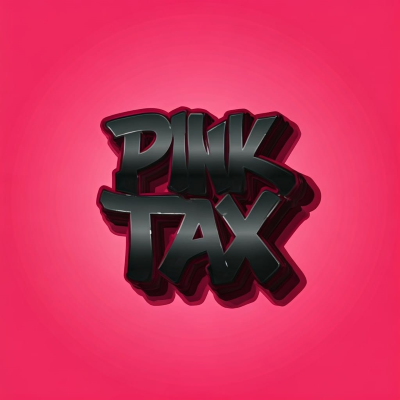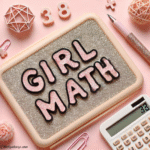The pink tax refers to the phenomenon where products and services aimed at women are priced higher than those targeting men. Despite not being a formal tax, it is a type of price discrimination based on gender that impacts women’s finances. This hidden cost is present in various aspects of a woman’s daily life, from personal care items to clothing, and it has significant economic implications for women.
The pink tax can have a significant financial impact as it accumulates over a woman’s lifetime. Women may spend hundreds of dollars more on personal care items than men. For many women, particularly those with lower incomes, the pink tax can lead to significant financial difficulties when combined with other economic injustices, such as the wage gap, childcare costs, and maternity-related expenses.

The pink tax reinforces systemic inequalities and impacts more than individual budgets. Economic discrepancies may worsen as women struggle to save, invest, or afford necessities due to the added financial strain. This differential price quietly reinforces gender biases in the market, which also conveys a larger message that women’s items are “niche” or “luxury.”

Why Women Dislike the Pink Tax
Financial Inequality: The economic inequality is exacerbated by the pink tax, increasing the cost of necessities. As a result of this added financial burden, effective money management becomes even more challenging for women.
Unfairness: Companies exploit women by charging them more for products, creating a strong sense of injustice. This clear unfairness breeds frustration and a feeling that companies prioritize profit over fair pricing.
Lack of Transparency: Companies often try to justify the higher prices with claims of differences in packaging, branding, or ingredients. However, these justifications are frequently unclear leading to skepticism among consumers.
The pink tax represents a hidden yet significant financial burden that disproportionately affects women, underscoring broader issues of gender inequality in the marketplace and society.
If you liked this article you might also like Understanding Trad Wife Phenomenon: A Neutral Perspective
Follow Chiclyshap on Twitter









